Permanent Resident Visa
Permanent Residency and Staying Abroad for A Long Time
- 2024.05.15

I would like to apply for permanent residence, but can I stay back in my home country for an extended period of time? I heard that if I leave Japan for a long period of time, I will not be able to obtain Permanent Resident Status. If I leave Japan for an extended period of time, when would I be able to obtain permanent resident status? I often leave Japan on business trips. Can I obtain permanent resident status? I came back to Japan after my period of stay expired when I returned to my home country, so I have been in Japan for more than 10 years in total. Can I obtain permanent resident status? -Our Customers We are often asked these kinds of questions about leaving the country by foreign customers who want to obtain permanent resident status. In this article, our professional administrative scrivener will explain the relationship between long-term departure from Japan and permanent residence, as well as frequently asked questions regarding the number of days of departure from Japan!
To begin with, why is it not advisable for foreigners who wish to obtain permanent resident status to leave Japan for an extended period of time?
It is because one of the requirements to obtain permanent residence in Japan is,
In principle, a foreign national must continuously reside in the country (Japan) for a period of 10 years or more. In addition, the applicant must have been residing in Japan for at least 5 years with work or residence status.
*If you are a highly skilled worker or have points worth of highly skilled worker, the period required for the application will be shortened to “3 years or 1 year” instead of “10 years”.
*The period will be shortened in the same way for those who are married to a Japanese national and those who are the biological children of Japanese nationals.
| Operating procedures of the Ministry of Justice and the Immigration Bureau of Japan “A permanent resident is one who spends his/her entire life with his/her home of residence in Japan.” And, “The reason why the Permanent Resident Permit requires “10 years” of residence and “5 years” of residence with work or residence status is that, based on the applicant’s mode of residence, family and kinship situation, etc., the organic relationship with Japanese society is considered to be quite strong, thus the applicant is considered to be a member of Japanese society after staying in Japan for the said period of time.” In other words, those who apply for a permanent residence permit are not judged in a blanket or uniform manner, The applicant’s status of residence, family situation, contribution to Japan, and other factors will be considered to determining whether a person can be said to have “spent his/her entire life in Japan as a home for living” and to be “in line with the interests of Japan”. |
Here,
the condition is that the applicant must have continuously resided in Japan for at least 10 years in principle, the applicant must have resided in Japan for at least 10 years without interruption.
- You have been out of status of residence for a period of time after returning to your country (you have not continuously renewed or changed your status of residence).
- You have stayed abroad for a large number of days due to business trips, etc.
In these cases, the requirement of “continuous stay in Japan for 10 years or more” cannot be met, and it will be difficult to obtain a permanent residence permit.
For example:
Case ①
If you stayed in Japan for 4 years with the status of ” International Student”, went back to your country for a year, lost your status of residence for a period of time (did not continuously renew your status of residence), and then stayed in Japan again with the status of ” Engineer/Specialist in Humanities/International Services”, for 6 years,
Because, the period of stay is reset once you return to your country, you have only been continuously in Japan for 6 years.
Since you have not been continuously residing in Japan for more than 10 years, in this case, permanent residence will not be granted as a general rule.

Case ②
On the other hand, this is a case that is expected to increase in the future,
After staying in Japan for 4 years with the status of ” International Student” and then changing the status to “Designated Activities Visa” and staying in Japan for 1 year in order to find a job in Japan or for the COVID Exemption, etc., and then finding a job and changing the status to “Technical, Specialist in Humanities/International Services” for 6 years, then this would be considered a continuous stay of 10 years.

Furthermore, even if the status of residence has not been interrupted, if a foreign national spends more than half of the year abroad due to business trips, etc., cannot be said to has “continuously resided in Japan for 10 years or more.”
In such a case, it is highly likely that your application for permanent residence will not be approved because you will be judged to have “not mainly resided in Japan”.
| Q: So, how long does one be out of the country before permanent residence is denied? |
| A: As mentioned above, this is not a uniform and unified decision based on the period of time spent in Japan, However, as a general rule, the Immigration Bureau operates on the following basis,
☑Out of the country for more than 3 months per departure If any of these apply to you, there is a high possibility that you will not be recognized as “continuing” to stay in Japan. If you want to stay in Japan for less than 3 months, you can enter Japan with a “Temporary Visitor Visa” for sightseeing, visiting relatives, business trips, etc., so it means that you may be going abroad on a sightseeing or business trip under the same principle. On the other hand, if you will be away from Japan for more than 100 days in total, even if for less than 3 months per trip, it means that you will be less likely to be recognized as having the main residence in Japan. *The same principle also applies to those with a shortened required period of residence (highly skilled personnel and spouse visas). |
| Q: Will I not be recognized as “continuing” to stay in Japan no matter what the reason for my departure is? |
| A: As stated above, if the formal departure period of 3 months or 100 days per year has passed, it may not immediately reset the “period of continued residence”, however, nor may it be determined whether or not the “reason for departure” is a valid reason for the applicant’s “continued” stay in Japan.
Therefore, even if the reason for leaving the country is not of your own volition, such as a business trip or transfer at the behest of your company, there are many cases in which the residency requirement is not “continued”. If you have left Japan for a large number of days, we recommend that you consult with an administrative scrivener who specializes in visa applications! |
| Q: If I have already left the country for a long period of time, would my period of stay be reset? |
| A: It will most likely be reset and you will need to stay for another 10 years after your long-term departure and re-entry into the country. In that case, we advise you to apply for permanent residence after a stay of at least 10 years after long-term departure and re-entry. However, regarding the duration of this stay, as stated in the answer to one of the previous questions, it is not determined formally, but judged comprehensively. If “in view of the applicant’s residence status, family situation, etc., the organic relationship with Japanese society is considered to be considerably stronger, and the applicant can be evaluated as a recognized member of Japanese society.” there can (and has) be a case in which a complete reset (10-year stay after re-entry is required) is not required. For example, Even if you have to leave Japan for a large number of days, do not give up; consult with a specialist administrative scrivener or other professionals as soon as possible. |
Conclusion
The requirements for applying for permanent residence tend to become stricter every year, and the handling of long-term departures from Japan may change as well.
In addition, the application for permanent residence is judged in a particularly comprehensive manner, so not only the listed requirements but also many other factors affect the granting or denial of permission.
If you are considering applying for permanent residence, please contact us as soon as possible even if you do not yet meet the requirements.
We are Yanagi Group, which have offices in Osaka (Abeno and Tennoji), and our affiliated offices in Tokyo (Shibuya and Ebisu) are also available for an on-site consultation. We have handled many applications for permanent residence permits, naturalization permits, work visas, college student visas, management visas, etc., as well as visa renewal procedures related to the status of residence with the Immigration Bureau (Immigration Bureau) as a one-stop service. Our experienced administrative scriveners are also available to help you with any problems you may have.
We also have staff members who can speak each of the native languages and can assist you in obtaining a visa.
※If you wish to be consulted in Nepali or Bengali, please inform us in advance via our website or social media, and the translator will contact you ahead of time.
Please feel free to contact us if you have any questions about your status of residence or visa, even if they are trivial.

Toll-free number: 0120-138-552
For English speakers: 080-9346-2991
For Chinese speakers: 090-8456-6196
For Korean speakers: 090-8448-2133
For Vietnamese speakers: 080-5510-2593
Editor of this article
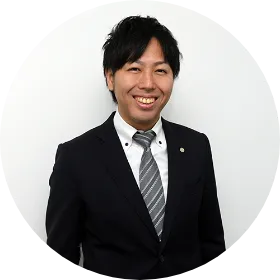
- Ryota Yanagimoto
- Administrative Scrivener/Judicial Scrivener
At the age of 24, he passed the national examinations for judicial scrivener, administrative scrivener, and wage service manager at the same time.
While working as a full-time lecturer at a major prep school, he independently opened a legal office related to judicial scriveners and administrative scriveners,
and he has experience as a judicial scrivener and an administrative scrivener for more than 15 years so far.
He has been actively contributing to various industries such as publicly listed companies, real estate companies, financial institutions, elderly care services, and professional organizations by conducting seminars, lectures, and talks.
And now he has a record of over 60 presentations so far.
Furthermore, as the president of a Japanese language school announced by the Ministry of Justice and Acts, and an advisor to a real estate company (capable of handling foreign clients),
he has been involved in various aspects of industries related to foreigners.
It is recommended to consult with experts when it comes to visas, naturalization, and residency matters.

Our office has specialized experts in visa and naturalization applications who are available to assist with free consultations (limited to the first session) and inquiries related to various visa applications and naturalization applications.
Additionally, we have foreign staff proficient in English, Chinese, and Korean languages with specialized knowledge, and they are present to provide support. They can accommodate consultations and inquiries in each language. Feel free to use our free consultation and inquiry services from here.









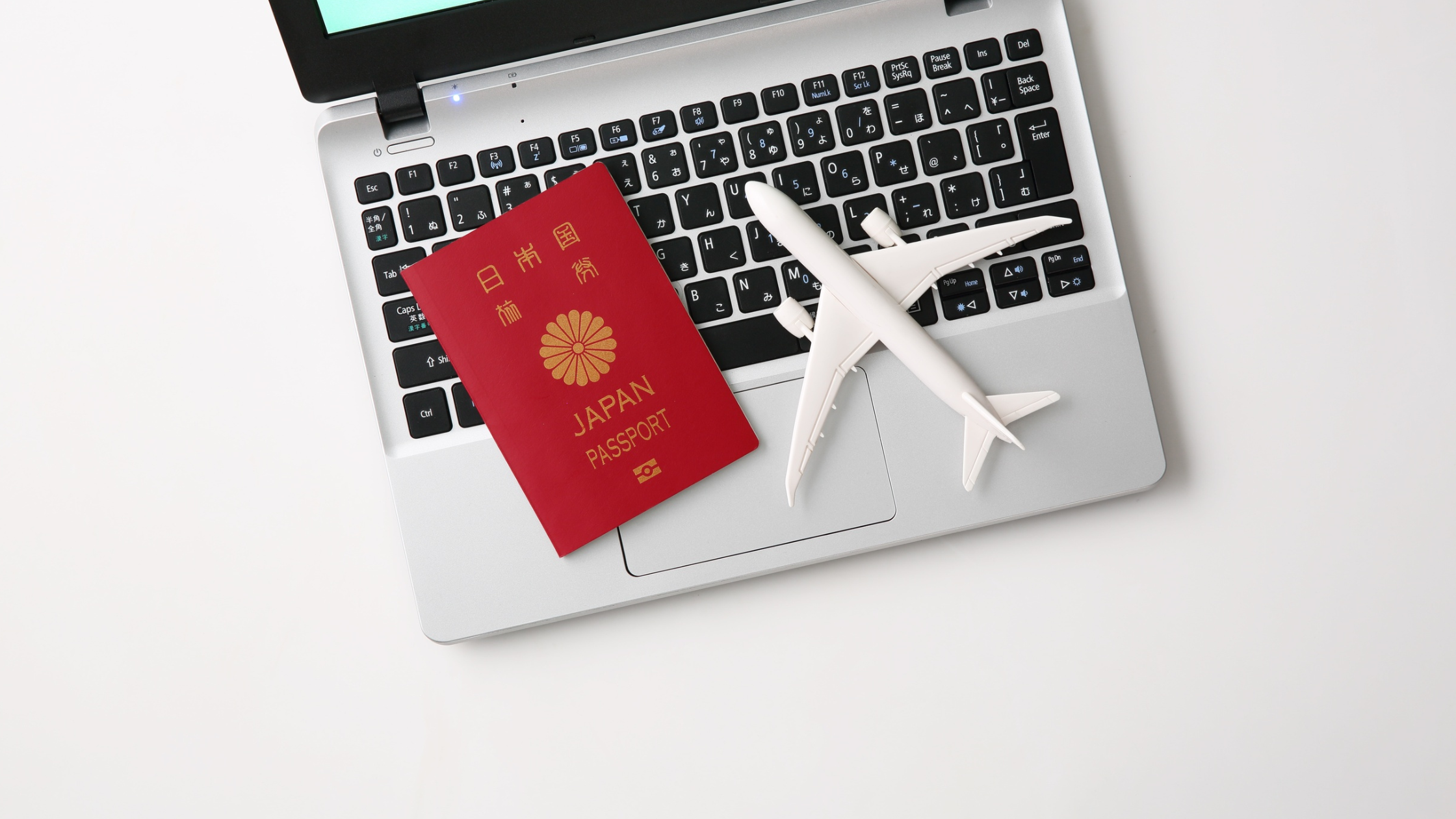
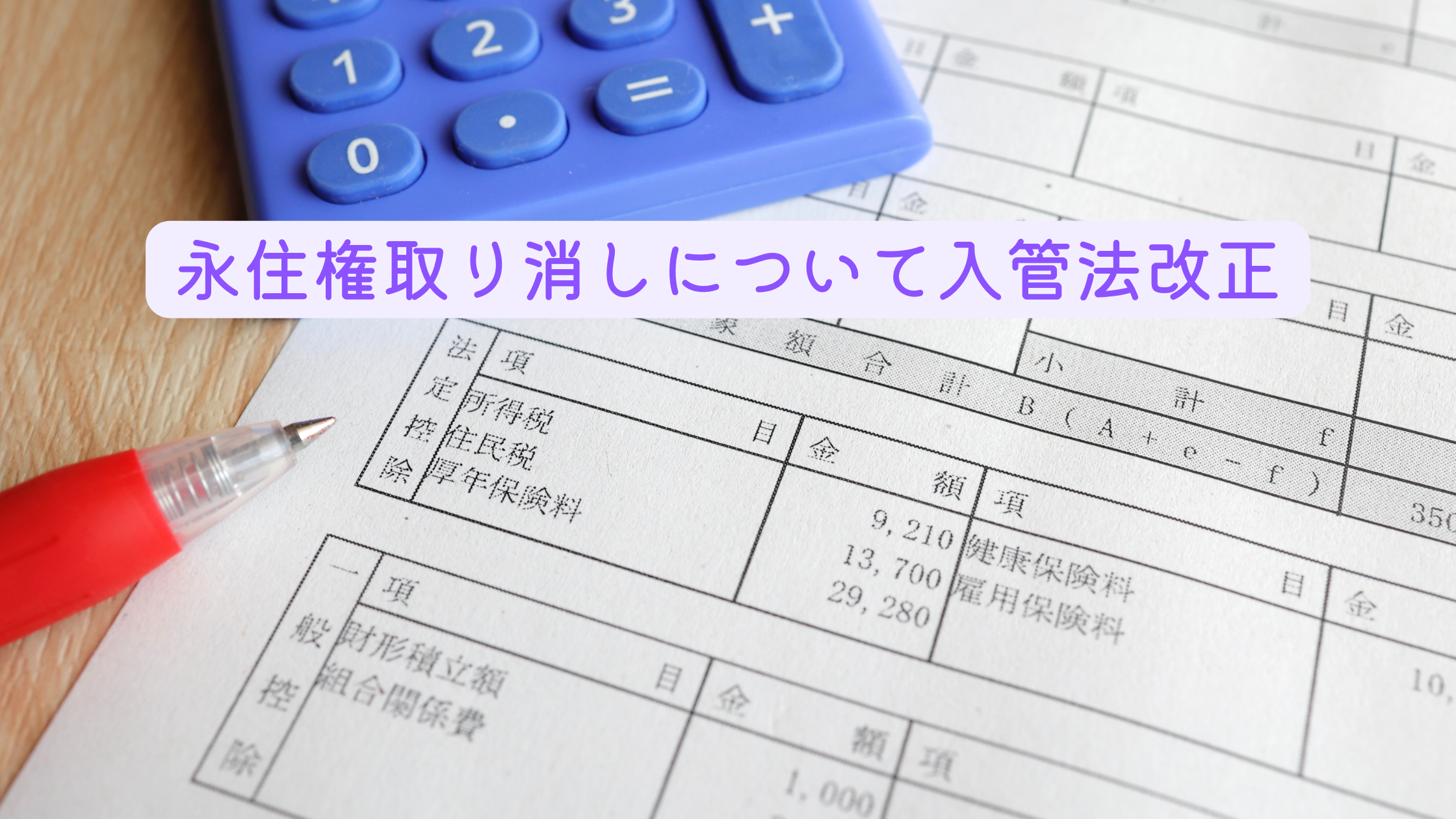









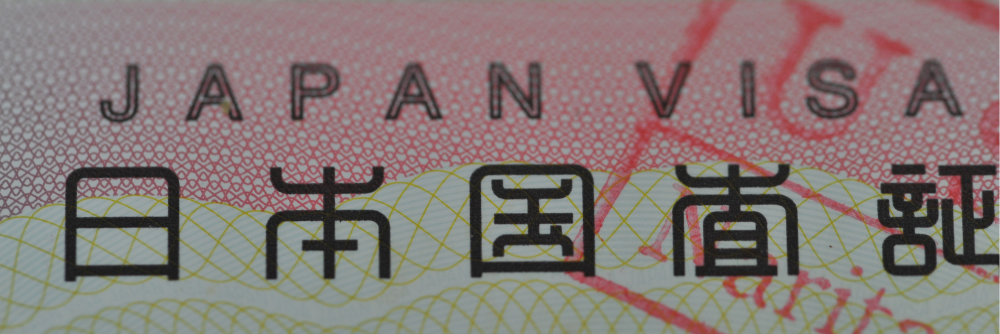
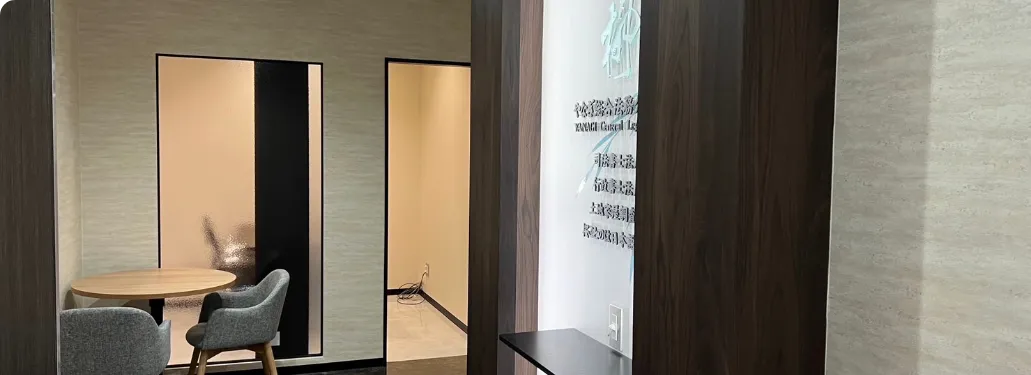
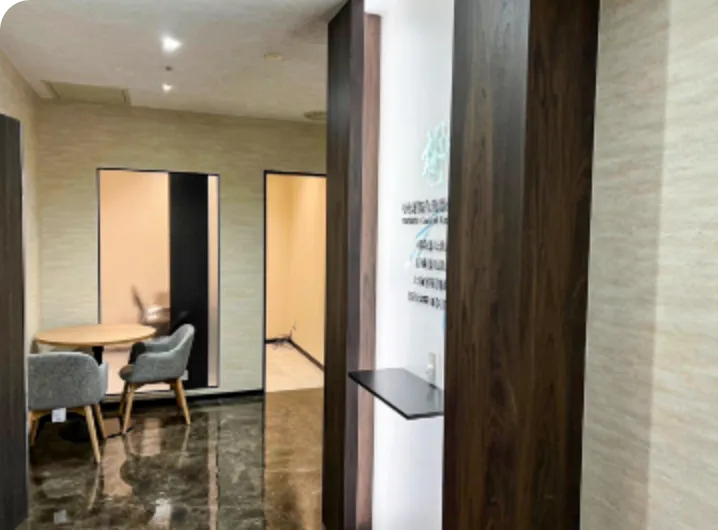
 0120-138-552
0120-138-552 Free
Consultation
Free
Consultation Contact Us
Contact Us